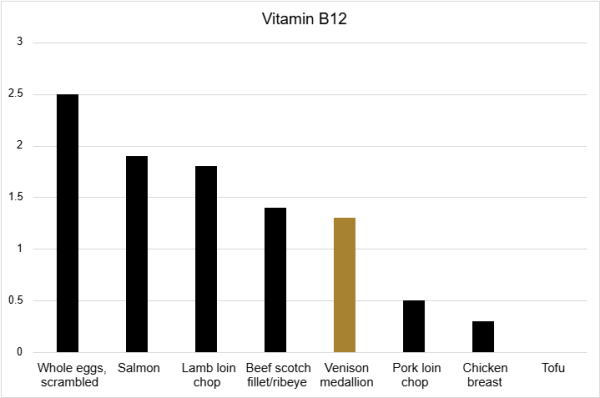Why Vitamin B12 Is Essential for a Healthy Human Diet
When we think of essential nutrients for human health, vitamins like C and D often take center stage. Yet there is another nutrient, less talked about but just as vital: vitamin B12, also known as cobalamin. This water-soluble vitamin plays roles that affect nearly every system in the body, from the formation of red blood cells to the health of the nervous system. Unlike some vitamins, B12 is found naturally only in animal-based foods, making it especially important to understand where to get it and why your body cannot do without it.
The Role of Vitamin B12 in the Body
Vitamin B12 is a cofactor in multiple essential biochemical processes. Perhaps its most famous function is in the production of red blood cells. Without adequate B12, red blood cells develop abnormally large and fragile, leading to a condition called megaloblastic anemia. This form of anemia reduces the blood’s ability to carry oxygen, leaving people fatigued, weak, and short of breath.
Another critical role for B12 is in the nervous system. The vitamin is required to maintain the myelin sheath, the fatty protective covering around nerve fibers that ensures fast and accurate transmission of electrical signals. If this sheath becomes damaged, nerve messages slow down or misfire, resulting in tingling, numbness, balance problems, and in severe cases, permanent neurological damage.
B12 also works closely with folate (vitamin B9) to support DNA synthesis and repair. Every cell in the body depends on DNA to function properly, and this ongoing maintenance is especially important for tissues that regenerate rapidly, such as skin, gut lining, and blood.
Finally, B12 is integral to energy metabolism. It helps break down fats and proteins into usable energy and plays a role in controlling levels of homocysteine, an amino acid linked to cardiovascular and cognitive health when elevated. In this way, adequate B12 intake supports not just vitality but long-term protection against heart and brain disease.

Source: The New Zealand Food Composition Database.
Symptoms and Risks of Deficiency
Given its wide-ranging roles, it is no surprise that a lack of B12 can cause serious problems. Early signs often include tiredness, weakness, and pale skin due to anemia. As deficiency progresses, neurological symptoms may appear: tingling in hands and feet, difficulty walking, poor memory, or mood disturbances. Unlike many vitamin shortages that can be quickly corrected, B12 deficiency can lead to irreversible nerve damage if untreated for too long.
Certain groups face higher risk. Older adults often absorb less B12 because of declining stomach acid. Vegetarians and vegans must be vigilant, since reliable B12 sources are almost entirely animal-derived. People with digestive disorders such as Crohn’s disease, celiac disease, or pernicious anemia may also have trouble absorbing enough. Pregnant and breastfeeding women have increased needs, and low maternal B12 can affect the development of infants.
Best Dietary Sources of Vitamin B12
Because plants do not produce B12, the richest natural sources are meats, fish, and dairy products. Among these, organ meats like liver and kidney contain astonishingly high amounts—just a small serving can provide thousands of percent of the daily requirement. For everyday diets, red meats such as beef, lamb, and venison are excellent options, as are poultry and eggs. Fish and shellfish, particularly salmon, tuna, and clams, are also outstanding.
Daily Needs and Practical Advice
The recommended daily intake of vitamin B12 for most adults is 2.4 micrograms. This is a small amount, but because B12 is not produced by the body and is only found in specific foods, it is surprisingly easy to become deficient if intake is neglected. The good news is that even modest amounts of animal protein can cover daily needs, and B12 is stored in the liver, so reserves can last for months or even years.
Still, because deficiency symptoms develop slowly, they may go unnoticed until damage has already begun. This is why regular monitoring and mindful dietary choices are important, especially for at-risk groups.
The Bottom Line
Vitamin B12 is far more than just another nutrient—it is a cornerstone of human health. It keeps our blood rich with oxygen, our nerves firing properly, our DNA intact, and our energy levels steady. A healthy diet that includes reliable sources of B12 is one of the simplest and most effective ways to support long-term wellbeing. Whether you choose to get it from red meats like venison and beef, from fish and shellfish, or from carefully chosen fortified foods, making sure you meet your B12 needs is essential. Neglecting it can lead to consequences that are difficult to reverse, but meeting your requirements is straightforward. In short, vitamin B12 is small in size but mighty in impact—truly one of the unsung heroes of a balanced diet.

